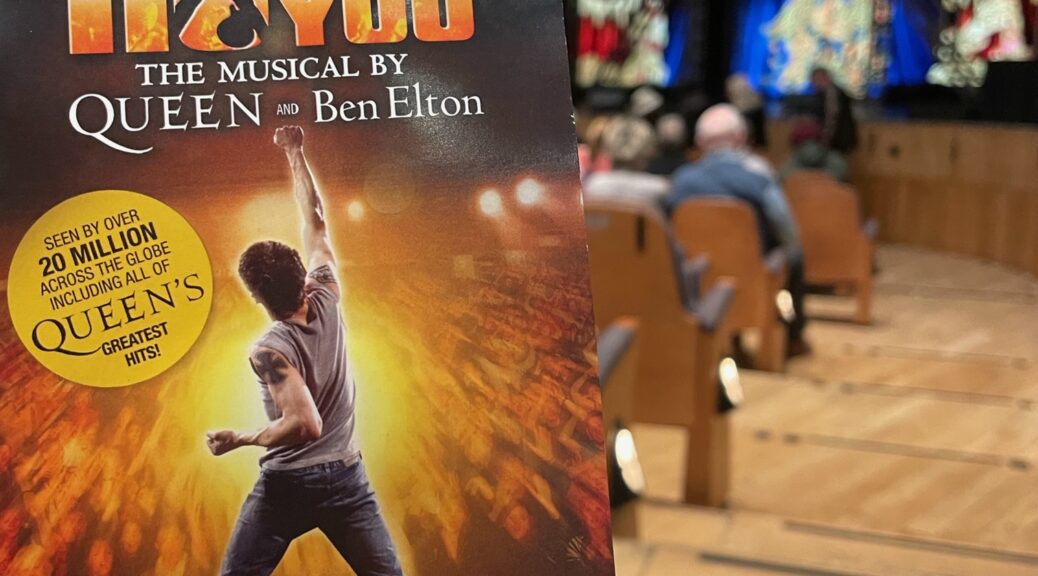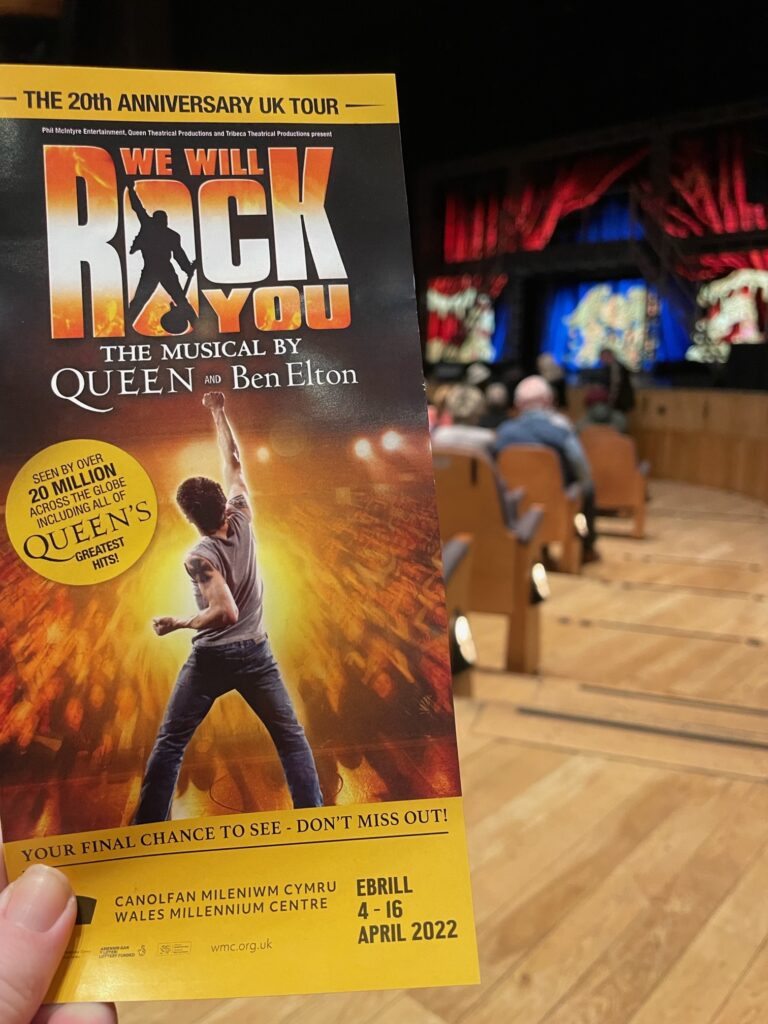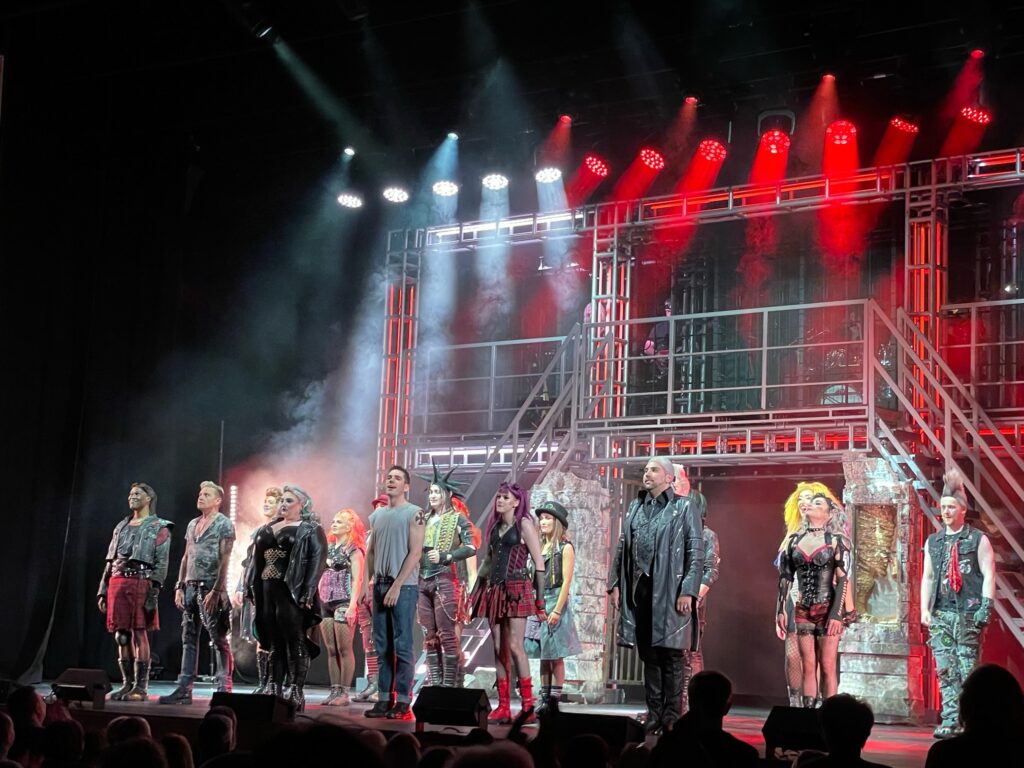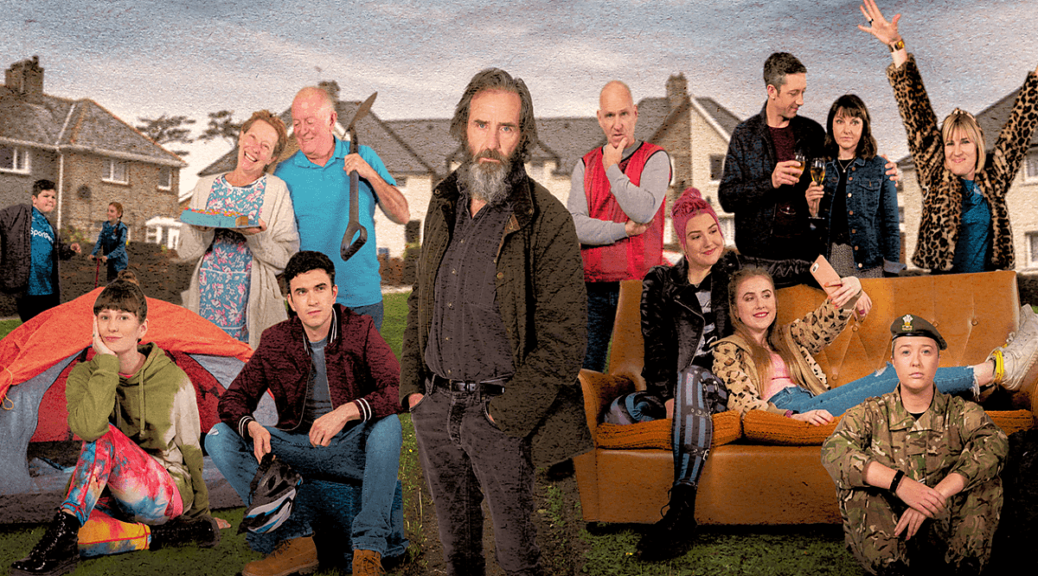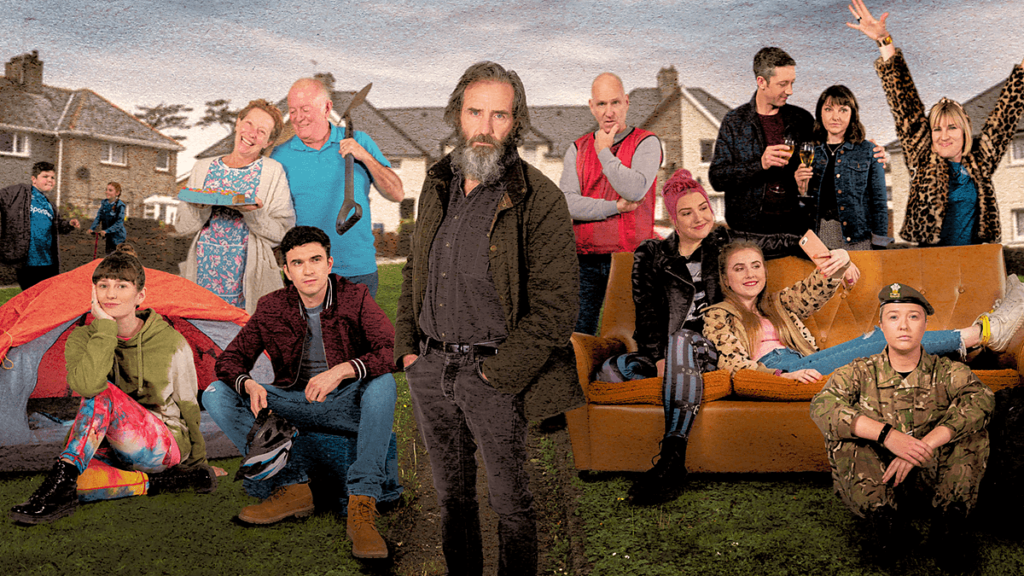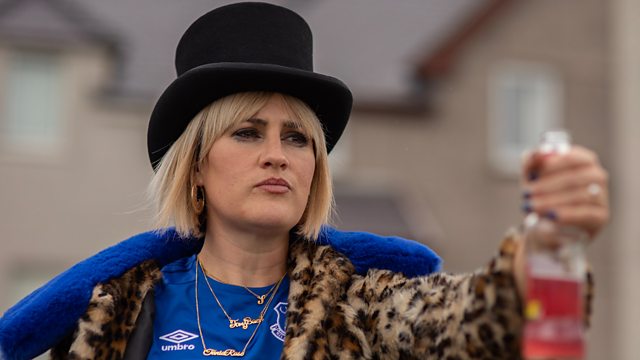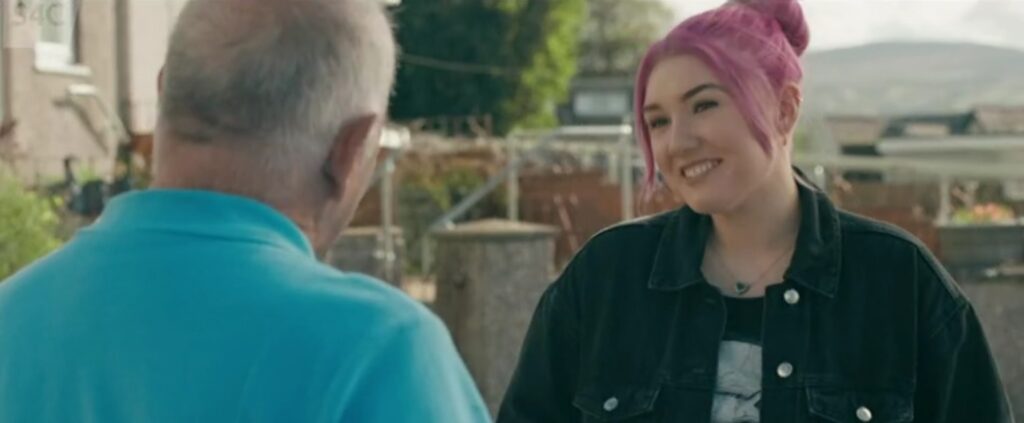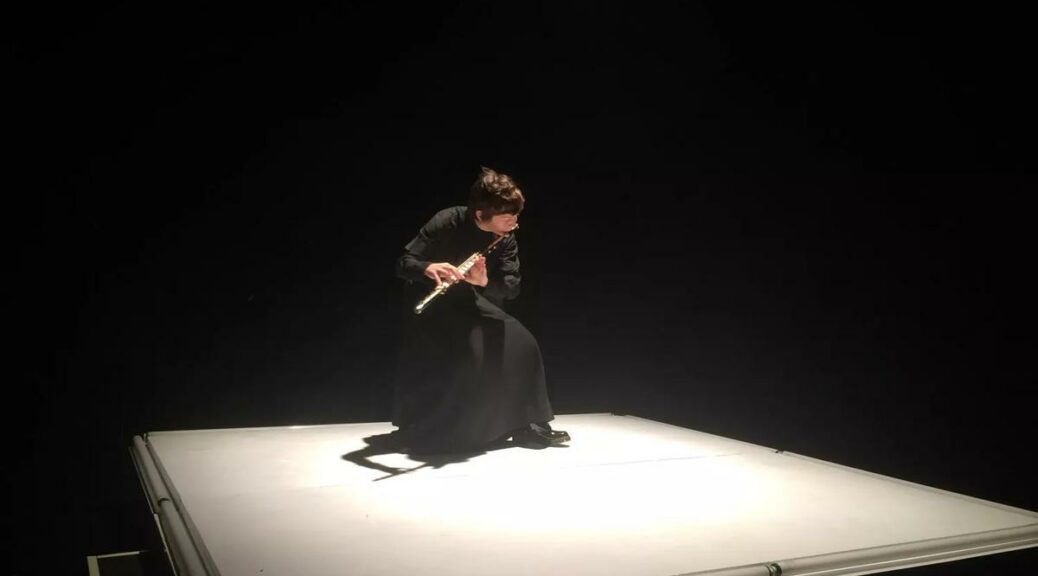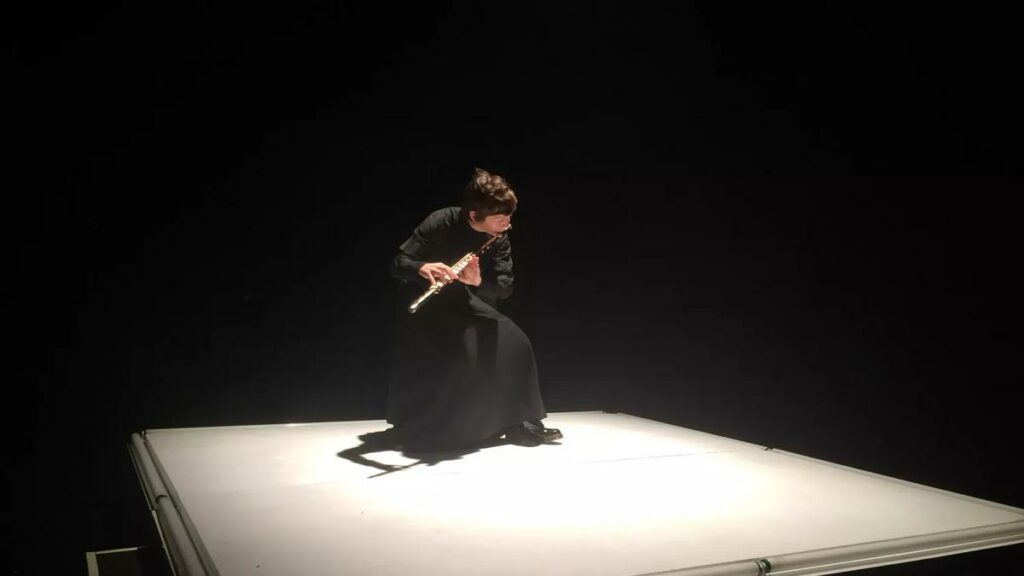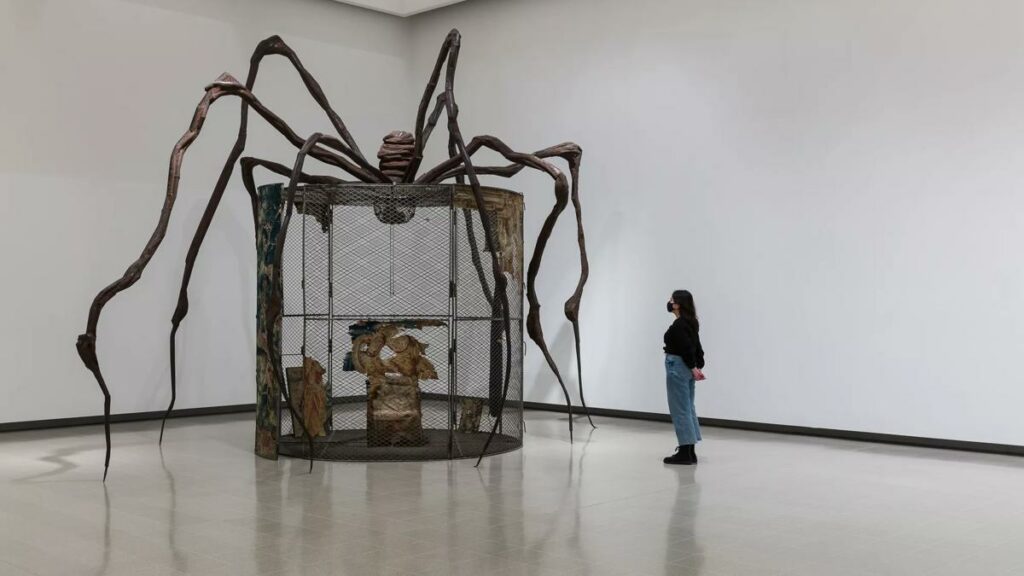
 (4 / 5)
(4 / 5)
My time in London has mostly been swallowed up by theatre and music. Itching to see more fine art shows, I approached the Hayward Gallery to get my fix.
Starting with Louise Bourgeois: The Woven Child, this was a partially haunting experience in my view. The French-American artist had a long career and this show lingers with work from the last 20 years of her long life. Real clothes and textiles drape certain installations, bones and wire haunt others. The act of birth and motherhood dominate a lot of the imagery. Her cloth heads and figures disturb for their uncanny qualities, shapes and forms are colourful and pleasing in other work. The gallery itself was busy to witness these worn pieces, alive in the macabre mood which stung in the air.
Female forms hang from the air, half the body a lumpy spiral with the loss of a head and arms. Bourgeois makes you see the female form anew through these warped, bumpy bodies. An element of bondage creeps in, with the hangings, the wrappings and use of cloths making for steamy, messed up sights. It can leave you puzzled and enthralled. One installation featured the roots of a tree, with a wooden hand perfectly fitting into one branch of the root, another pleasing sight. The black, headless bodies in an apparent act of coitus as perhaps the most messed up things in the entire exhibit. I found myself awash in a fight or flight response to it all.
Of course her giant spider creature, (her most famous piece) makes an outing, perhaps the true highlight of the show. Resting on a metal cage, along with its very own eggs, the work appears powerful if fragile, inspired if taxing to make. Visitors really drink in this and you could feel the love with may a photo taken with the momma spider creation. Bourgeois spoke of her family as if spiders: always mending and repairing. Her lovely insight about a spider never getting angry when its web is broken just making it anew, is a nice quote for the wistful state out world is today.
It is a gallery experience which is entrancing, but might just leave a bad taste in the mouth.
Louise Bourgeois: The Woven Child continues at the Hayward Gallery, Southbank Centre till 15 May 2022.

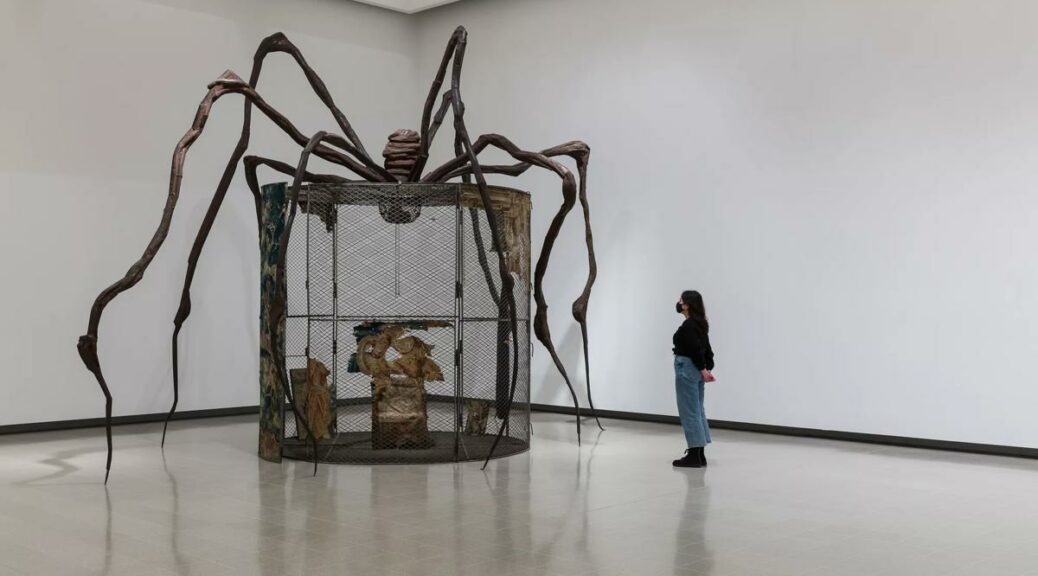
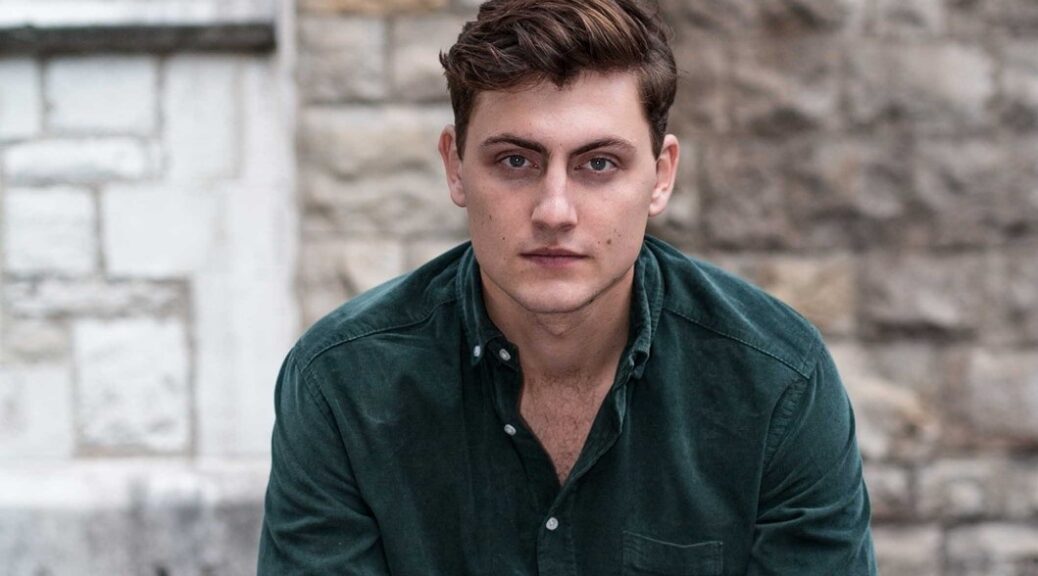
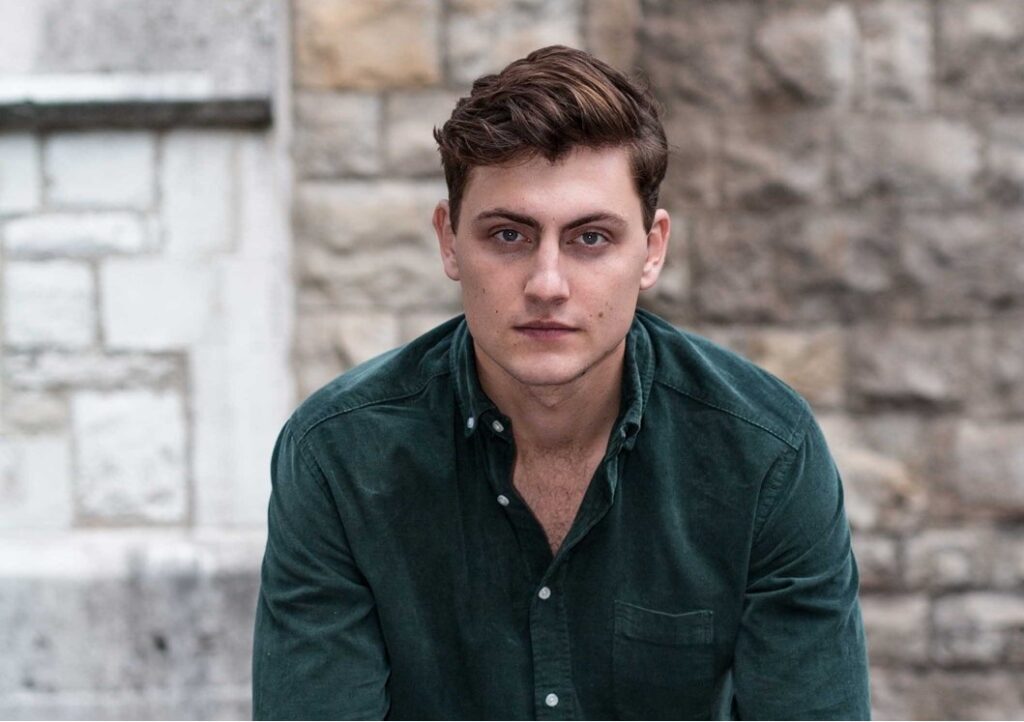
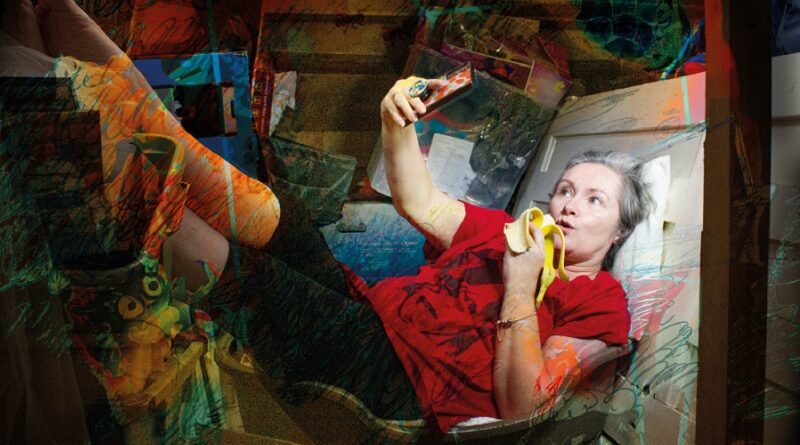
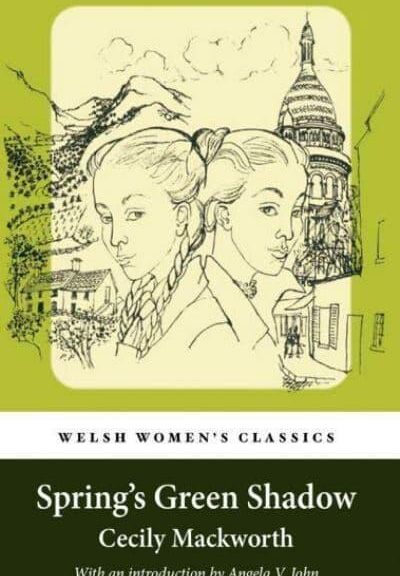
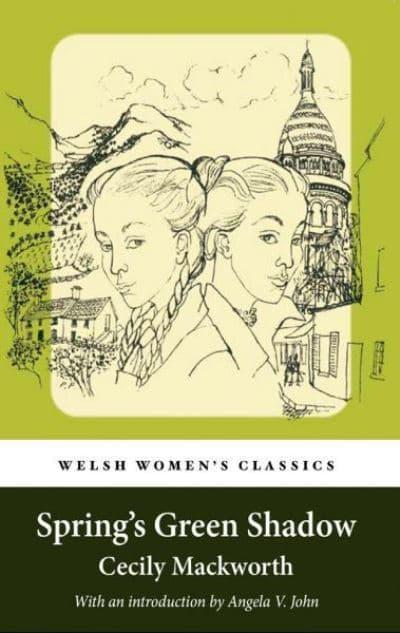
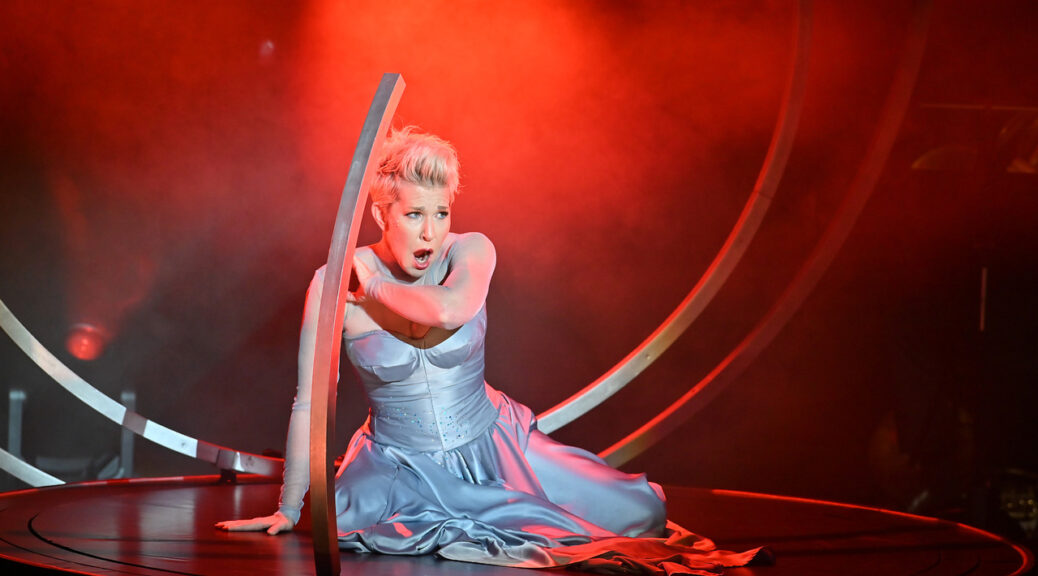
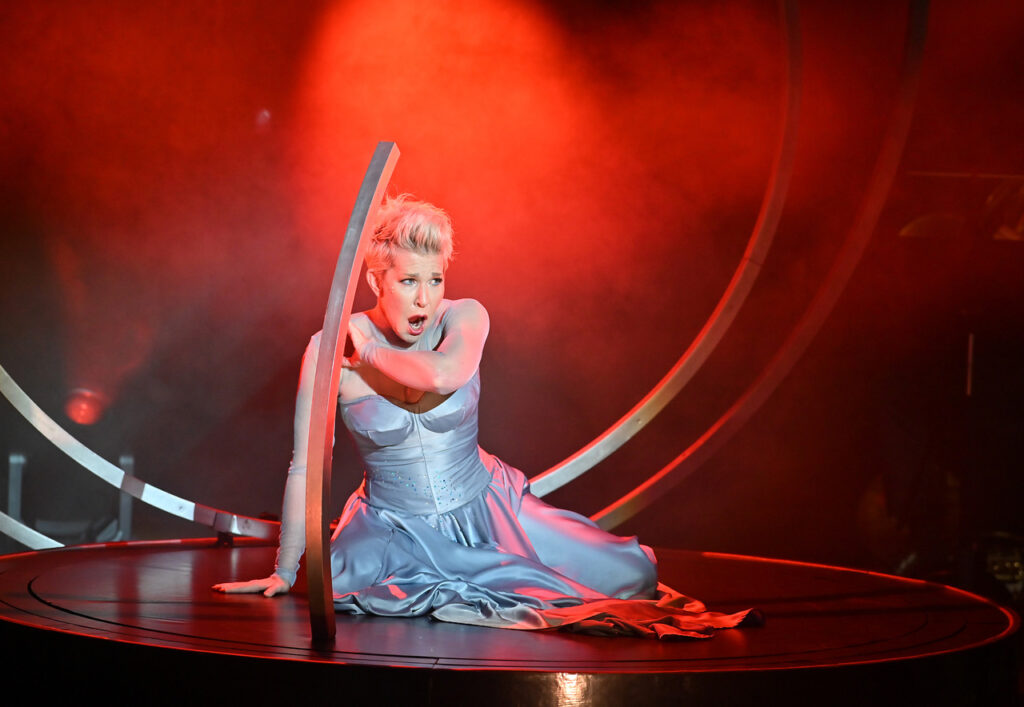
 (5 / 5)
(5 / 5)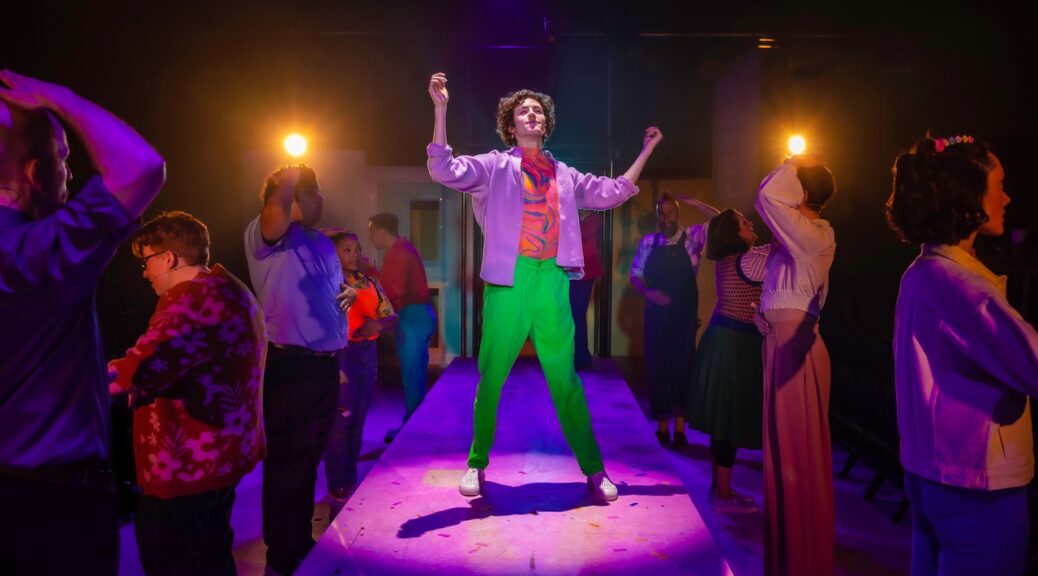
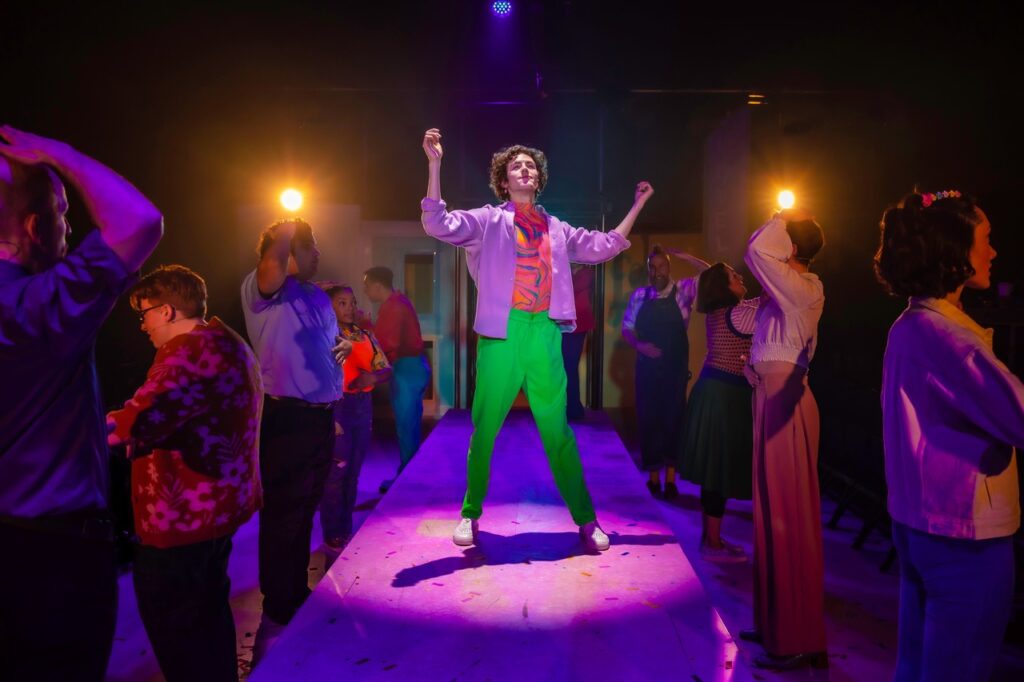
 (3 / 5)
(3 / 5)


